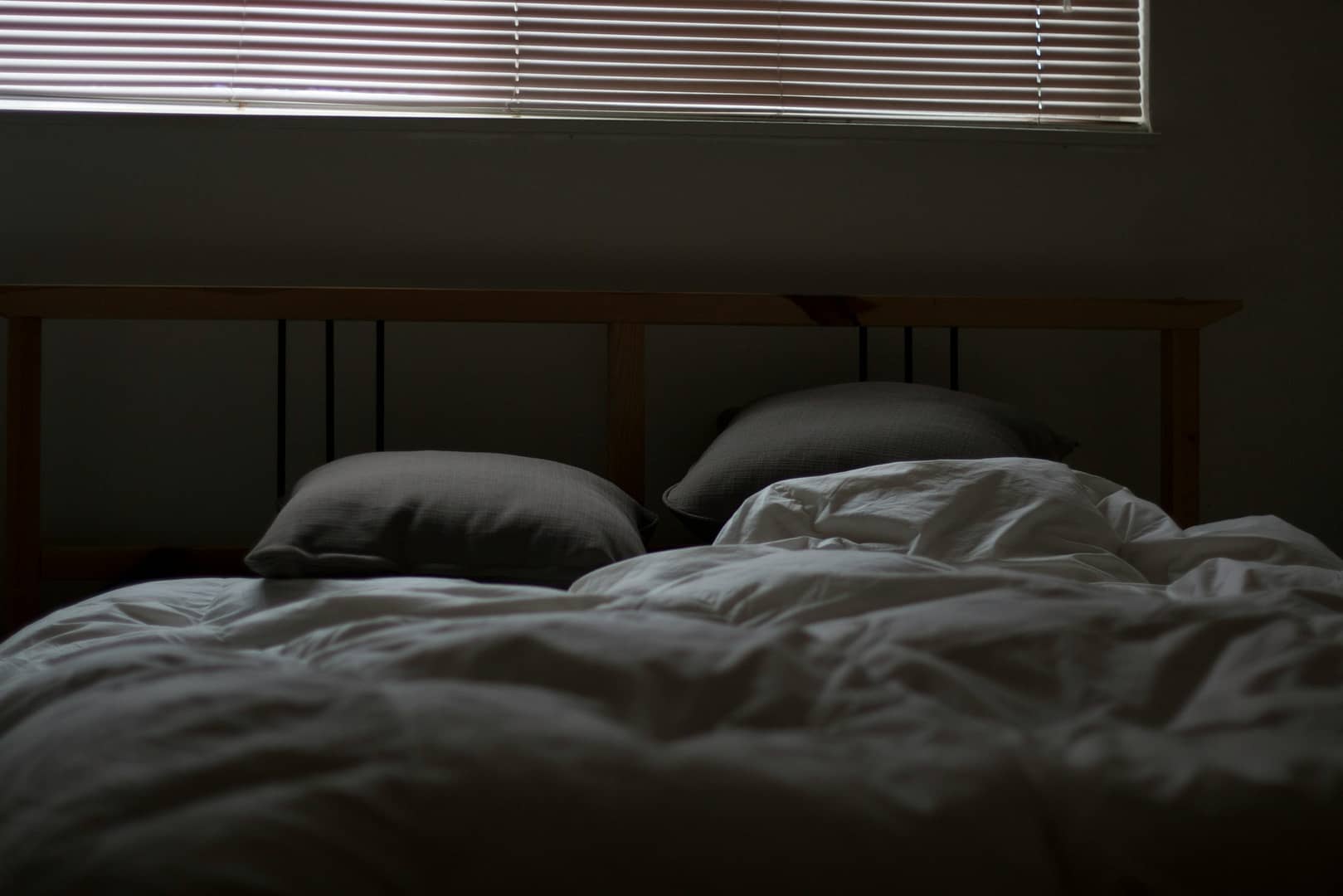

Sleep is essential for our health, just like eating, drinking, and breathing. It helps our bodies and minds rest, recover, and prepare for the next day. But how much sleep do we really need? Let’s break it down in simple English.
Always Feeling tired? You’re not alone. Recent studies have discovered that the average person only gets about six hours of sleep each night.
Health professionals advise that adults should aim for seven to nine hours of sleep when it’s dark outside – meaning many of us might be missing out on a whole month’s worth of sleep each year. It’s hardly surprising, then, that 90% of folks report feeling constantly tired.
The study indicates that people between the ages of 45 to 59 suffer the most, experiencing about four restless nights a week.
Missing out on enough rest can cause immediate problems, like feeling irritable and unable to concentrate, to having slower reactions and feeling sleepy.
The study found that 64% of individuals feel lethargic after a poor night’s sleep, 39% struggle to focus at work, and 35% end up feeling stressed. It also highlighted a link between bad sleep and poor diet, with 75% blaming their sleep issues on eating the wrong types of food too late in the evening.
It seems that not getting enough good sleep could be tied to what we eat.
“Eating too many quick-fix foods, like snacks high in sugar, can lead to ups and downs in our blood sugar levels.”
Not sleeping enough is also connected to a lack of growth hormone and higher cortisol levels, both of which can lead to a higher risk of becoming overweight.
For adults, the magic number is usually between 7 and 9 hours of sleep every night. This range is recommended because it allows our bodies to go through all the necessary stages of sleep, which include both deep sleep and REM (Rapid Eye Movement) sleep. Deep sleep helps to repair our body and muscles, while REM sleep is important for our brain, helping us to process emotions and memories.
But not everyone is the same. Some people might feel great with just 7 hours, while others might need a full 9 hours to feel rested. It’s important to listen to your own body and notice how you feel after different amounts of sleep.
For children and teenagers, the amount of sleep needed is even more. Here’s a quick guide:
- Newborns (0-3 months): 14-17 hours each day
- Infants (4-11 months): 12-15 hours
- Toddlers (1-2 years): 11-14 hours
- Preschoolers (3-5 years): 10-13 hours
- School-age children (6-13 years): 9-11 hours
- Teenagers (14-17 years): 8-10 hours
Kids need more sleep because their bodies and brains are growing quickly. Sleep helps support the development of their brain, body, and immune system, and also helps them to learn and remember what they’ve learned.
But why is sleep so important? When we sleep, our bodies aren’t just resting. They’re actually very busy doing important jobs like healing damaged cells, boosting our immune system, recovering from the day’s activities, and recharging our heart and cardiovascular system for the next day.
Not getting enough sleep can lead to problems like feeling tired and cranky, having trouble focusing, and even getting sick more often. Over time, not sleeping enough can increase the risk of serious health problems like obesity, diabetes, high blood pressure, heart disease, and mental health issues.
So, if you’re someone who tries to get by on less sleep to have more time for work or fun, remember that cutting back on sleep is like borrowing from a loan shark: sooner or later, you’ll have to pay it back with interest. Sleep debt, or the difference between the amount of sleep you should be getting and the amount you actually get, can add up over time and be hard to catch up on.
To make sure you’re getting enough sleep, try to have a regular sleep schedule by going to bed and waking up at the same time every day, even on weekends. Make your bedroom a comfortable and quiet place for sleeping. Avoiding caffeine and heavy meals before bedtime can also help, as can turning off screens and devices an hour or so before bed.
Getting the right amount of sleep is crucial for everyone, from babies to adults. While the exact amount of sleep needed can vary from person to person, aiming for 7 to 9 hours a night for adults and appropriate amounts for kids and teens is a good rule of thumb. Sleep is a key part of a healthy lifestyle, so make sure you’re giving your body the rest it deserves.
